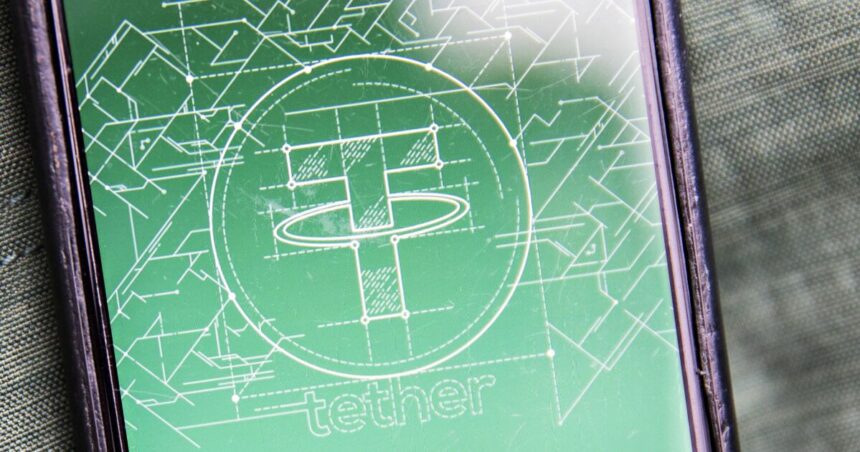Tether, recognized as the world’s largest stablecoin issuer by volume, is set to introduce a new U.S.-regulated, dollar-backed stablecoin, USAT, by the end of this year. This move follows the recent enactment of the GENIUS Act, which aims to provide a regulatory framework for the U.S. stablecoin industry, allowing for enhanced compliance and legitimacy within the sector.
During an event in New York City, Tether CEO Paolo Ardoino announced a targeted launch date in December for USAT. In a notable development, Anchorage Digital, a federally regulated cryptocurrency bank, will act as the compliant issuer of the new stablecoin, while Cantor Fitzgerald will handle custodial services. Both firms will have equity interests in Tether’s U.S. operation, though specific details of their partnership remain undisclosed.
Ardoino emphasized the company’s goal to collaborate with financial institutions to expand their services globally, particularly in underserved communities within the U.S. He described the current financial ecosystem as fragmented, highlighting the need for a cohesive backbone to support various markets.
Adding to the strategic framework, Tether named Bo Hines, the former head of the Presidential Council of Advisors for Digital Assets, as the CEO of USAT. Tether’s new headquarters will be located in Charlotte, which Hines lauded as “the mini finance capital of the United States,” referring to its proximity to major banks such as Bank of America and Truist. Hines expressed optimism about the ongoing discussions with various U.S. financial institutions as they prepare to enter the stablecoin arena.
The launch of USAT is intended to complement Tether’s existing dollar-backed stablecoin, USDT, rather than compete against it. Ardoino noted that USDT would serve as a distribution conduit for USAT internationally, given its established user base of around 500 million across the globe. He explained that USAT will be the primary currency for domestic transactions, especially in remittances, which are predominantly initiated from the U.S. to emerging markets.
The news of USAT’s anticipated launch arrives shortly after competitor Circle Internet Services went public and following the GENIUS Act’s passage by President Donald Trump, signaling a newfound openness for financial institutions to explore stablecoin opportunities.
As Tether embarks on this venture into U.S. regulation, it represents a significant step toward validating its business practices within the American financial system. The company, founded in 2014 and previously headquartered in El Salvador, has faced scrutiny in the past, including a criminal investigation by the Justice Department regarding bank fraud allegations and a substantial fine imposed by the Commodity Futures Trading Commission for misleading information about its stablecoin reserves. The development of USAT may reshape Tether’s reputation and operational landscape as it integrates itself more deeply into the U.S. economy.






